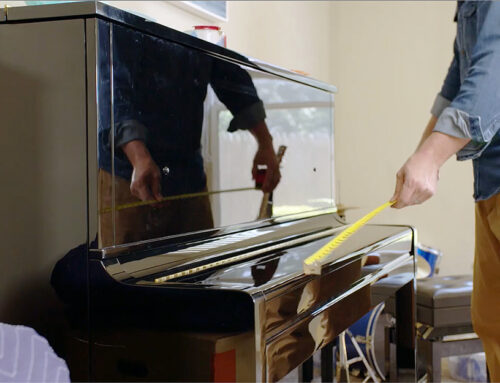Real estate hunting can be an intimidating and time-consuming process. For many people, the thought of spending countless hours driving from one property to another, touring homes, and trying to imagine what the space would look like with their own furniture can be overwhelming. But what if there was a way to make this process more efficient and enjoyable? This is where virtual reality comes in.
Virtual reality (VR) is an immersive technology that has the potential to revolutionize the way we view and interact with real estate. By putting on a VR headset, potential buyers can tour properties from the comfort of their own homes. In this blog post, we will explore the benefits of leveraging virtual reality for real estate hunting.
Table of contents:
- Saves Time and Money
- Enhances the Viewing Experience
- Improves Decision Making
- Increases Accessibility
- Provides a Competitive Edge
- Helps Market Properties
Saves Time and Money
Virtual reality can save both time and money for real estate hunters, before hiring a moving company. Instead of physically visiting every property, buyers can use VR to get a virtual tour of the property. This means that buyers can view multiple properties in a shorter amount of time, without the need for travel or scheduling appointments with real estate agents. This can be especially helpful for buyers who are relocating from another city or state and cannot easily travel to view properties.
Enhances the Viewing Experience
VR technology provides an immersive and interactive experience that allows potential buyers to view a property as if they were physically there. Buyers can see the layout of the property, the size of the rooms, and get a sense of the overall space. They can also customize the space by changing the colors of the walls, adding furniture, and even testing out different lighting options. This level of interactivity and customization can help buyers get a better sense of the property and whether it would meet their needs.
Improves Decision Making
Virtual reality can help potential buyers make better and more informed decisions when it comes to purchasing a property. By using VR technology, buyers can get a better sense of the property’s layout, size, and features. They can also test out different design options to see what works best for them. This level of customization and interaction can help buyers make more confident decisions about whether a property is the right fit for them.
Increases Accessibility
Virtual reality can also increase accessibility for potential buyers. For example, buyers with disabilities or mobility issues may find it difficult to physically tour properties. With VR, they can view properties from the comfort of their own homes, without the need for travel or physical exertion. This can help ensure that everyone has equal access to the real estate market.
Provides a Competitive Edge
Real estate agents and brokers who leverage VR technology can also gain a competitive edge in the market. By offering virtual tours, agents can attract more potential buyers and increase their chances of closing a sale. Virtual tours can also help agents save time by eliminating the need for physical tours, which can free up time to focus on other aspects of their business.
Helps Market Properties
Virtual reality can also be used as a marketing tool to help sell properties. By providing potential buyers with a virtual tour of the property, agents can showcase the property in a way that traditional photos and videos cannot. This can help generate more interest in the property and increase the chances of a sale.
Virtual reality is a powerful tool that can help streamline and enhance the real estate hunting process. By using VR technology, potential buyers can save time and money, improve their decision-making, increase accessibility, and have a more immersive and interactive viewing experience. Real estate agents and brokers who leverage VR can also gain a competitive edge in the market and use VR as a marketing tool to help sell properties. As technology continues to evolve, it is likely that VR will become an increasingly important part of the real estate industry.





